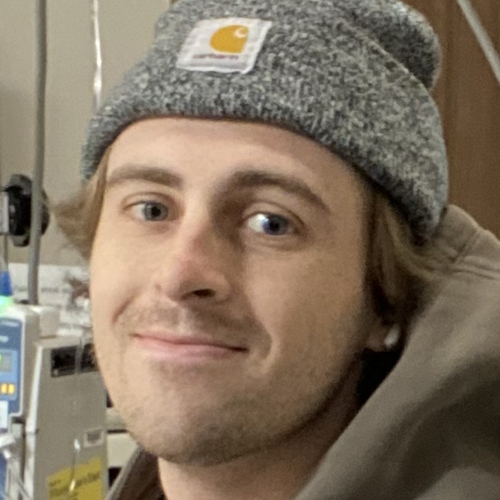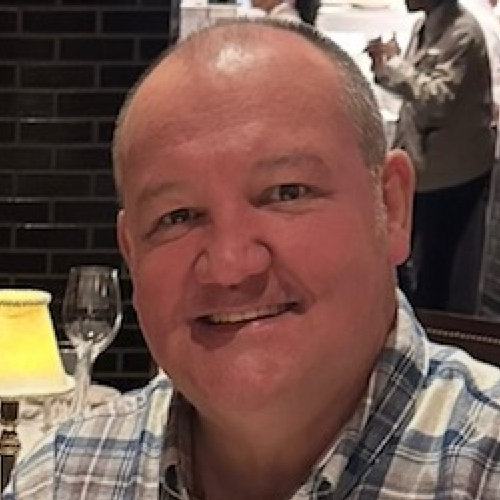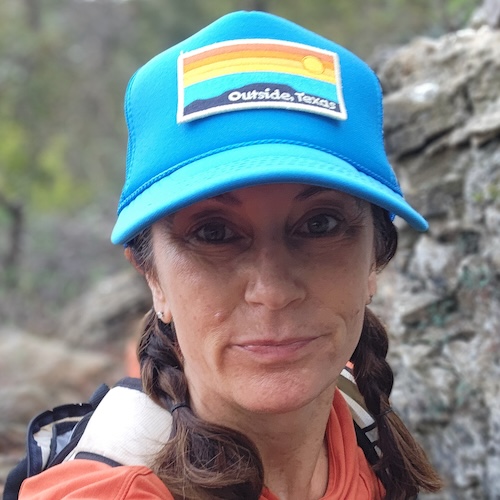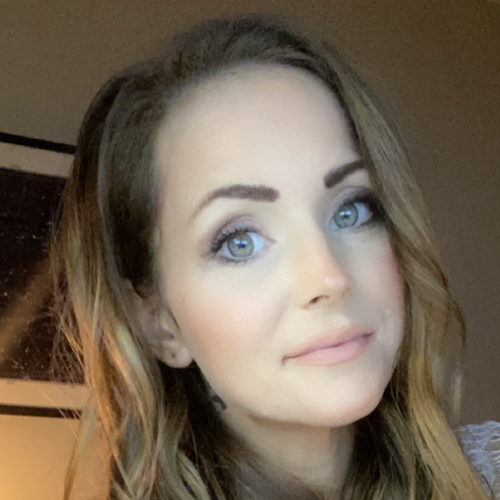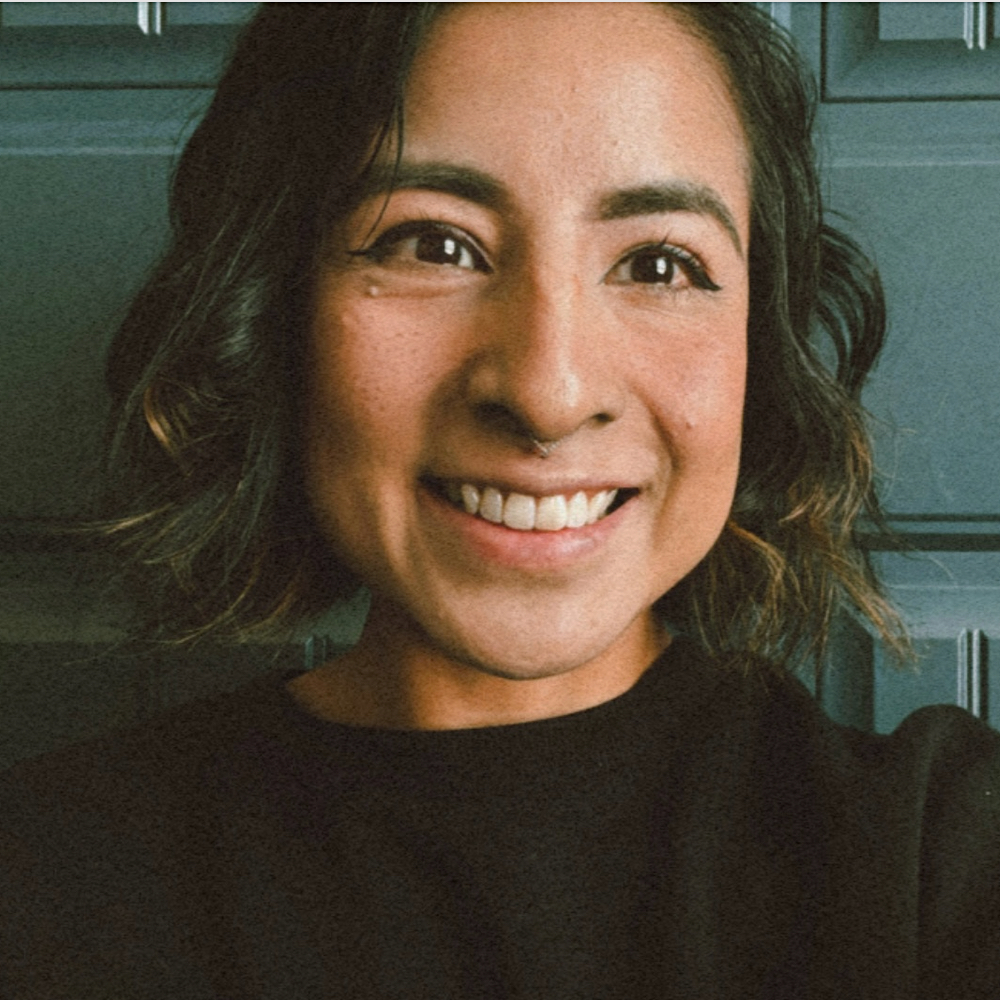What it’s really like to get a Colonoscopy
Patients and doctors share their real-life experiences
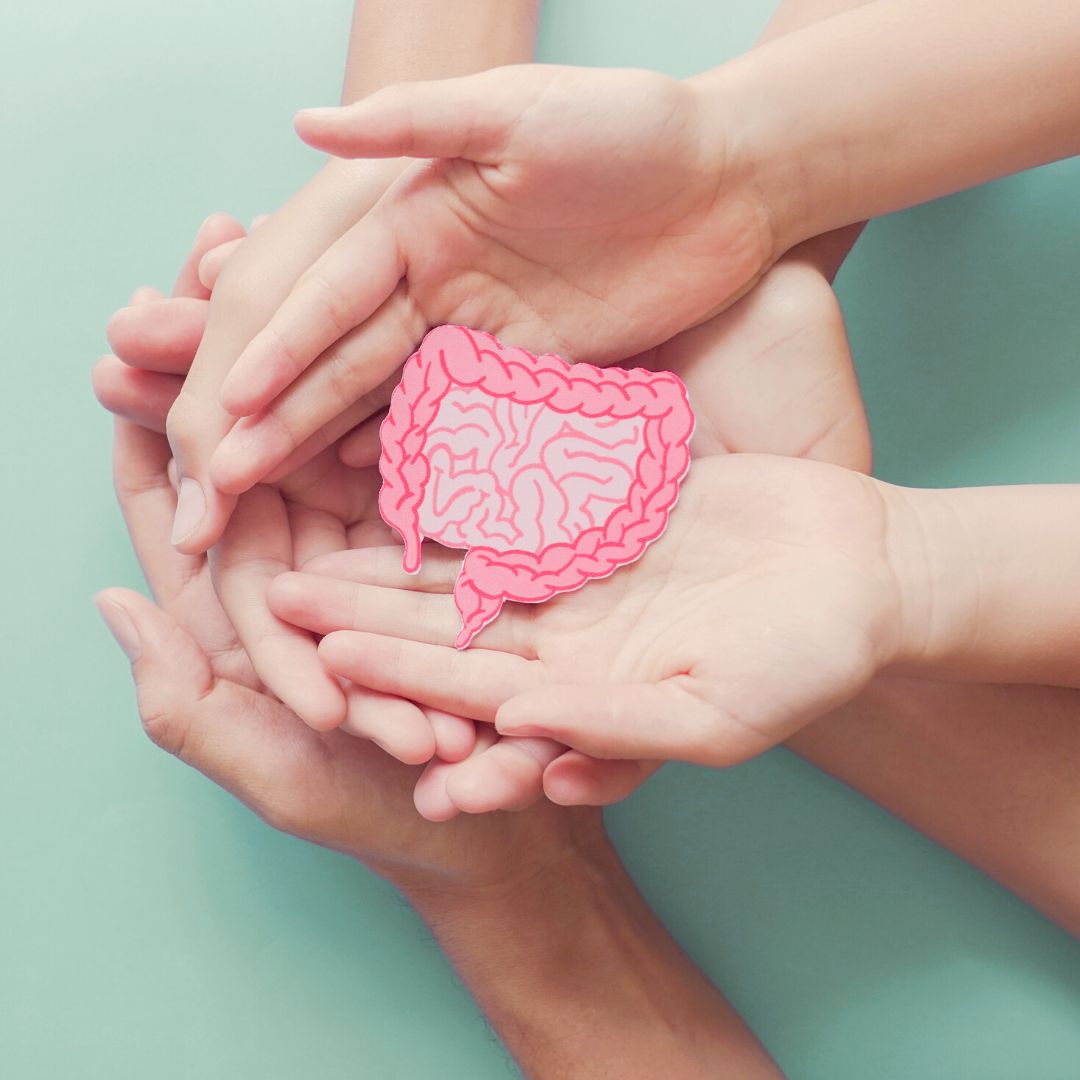
Knowing what to expect from a colonoscopy can help you feel more prepared and comfortable about the procedure. To demystify the experience, we discussed colonoscopies with experts and patients.
In this article, we will delve into what it’s really like to undergo a colonoscopy, including its purpose, duration, and preparation. We’ll also explore why more young people are being diagnosed with colorectal cancer.
To provide expert insights and, we spoke to Dr. Wookey, a colorectal cancer specialist from the Fox Chase Cancer Center.
To get the patient’s perspective on colonoscopies, Amanda G. shares her first-hand experience. She received a colonoscopy in 2020 and was diagnosed with stage 2A colon cancer.
“The colonoscopy was an interesting experience,” says Amanda. “I’ve never had one before.”
This interview has been edited for clarity and length. This is not medical advice. Please consult with your healthcare provider to make informed treatment decisions.
The views and opinions expressed in this interview do not necessarily reflect those of The Patient Story.
What is a Colonoscopy?
Simply put, a colonoscopy is a medical procedure that plays an important role in the early detection and prevention of colorectal cancer, one of the most common types of cancer.
Dr. Wookey explains, “A colonoscopy is our gold standard for colorectal cancer screening. It not only detects cancer early but also prevents it by removing polyps that may eventually turn into cancer.”
The procedure involves using a colonoscope, a long, flexible tube with a light and camera on the end. By gently inserting the colonoscope through the rectum, doctors can see the entire colon, examining its inner lining for abnormalities. In some cases, your doctor may remove polyps (abnormal growths) or tissue to examine.
How Long Does a Colonoscopy Take
According to Amanda, “The procedure itself was so easy and quick. I was in and out in a couple of hours, and there was no pain afterward.”
The duration of a colonoscopy can vary, but typically it takes around 30 minutes to an hour. Factors such as the complexity of the case or the need for polyp removal can influence the duration. According to the Mayo Clinic, a colonoscopy typically takes about 30 to 60 minutes.
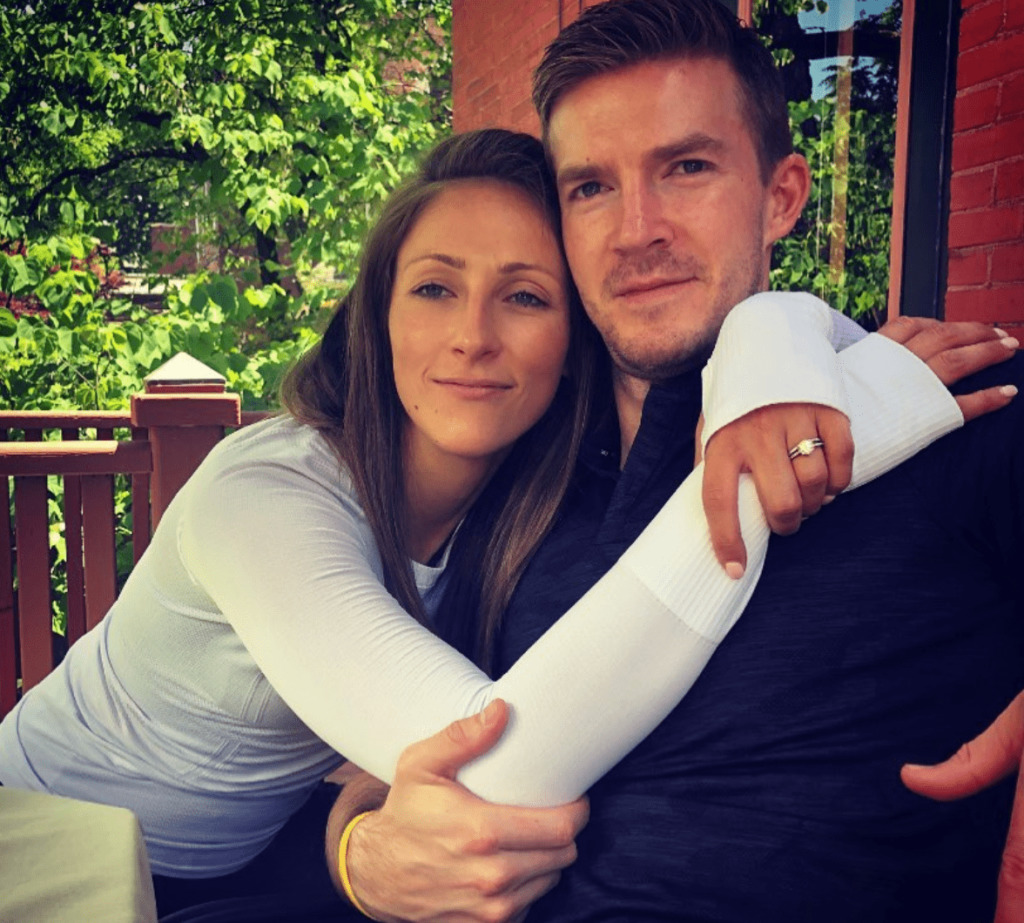
“It’s a very quick routine procedure and really nothing to be too nervous or scared about in my opinion.”
Joanna H. | See Joanna’s Stage 3 Rectal Cancer Story
How to Prepare for a Colonoscopy
Preparing for a colonoscopy is key to an accurate and effective examination. “You have to be on an all-liquid diet,” says Amanda. “You can’t eat any food the day before so you’re hungry. You’re given this prep that you have to drink the day before your procedure. It cleans you out.”
The preparation typically involves following a clear liquid diet and taking a prescribed bowel prep, usually a liquid laxative, to flush out stool from the colon according to UCLA Health. Amanda suggests having candies or lemonade to help with the taste of the prep, and she advises, “Don’t skimp on it because you don’t want to do this again.”
“The day before, as you’re prepping for a colonoscopy, you are fasting and just on clear liquids. I do a lot of chicken broth, popsicles, clear sodas, and hydrate all day.
That evening, you start your preparation and drink a lot of different solutions that clear out your system. Up until about 11 p.m., you’re having a lot of bowel movements and some cramping. Your body is clearing out your colon so that the next day, when you go in, you’re ready for your scope.”
Shannon M. | See Shannon’s Stage 1 Lynch Syndrome Colon Cancer Story
To be further prepared, you may want to stock up on wet wipes, diaper cream, clear sodas, and low-fiber foods you enjoy according to the American Society of Anesthesiologists.
Dr. Wookey also recommends talking to other people who have had a colonoscopy to create a clearer picture of the experiences.
As for the level of sedation, you can discuss options with your doctor. Your health history, age, and risks all factor into what level of sedation your doctor may recommend.
“I know some people are awake, just groggy.,” says Amanda. “I was completely sedated. Best nap of my life. It felt great but I know that’s not the case for everybody but that was just my personal experience. It was super easy.”
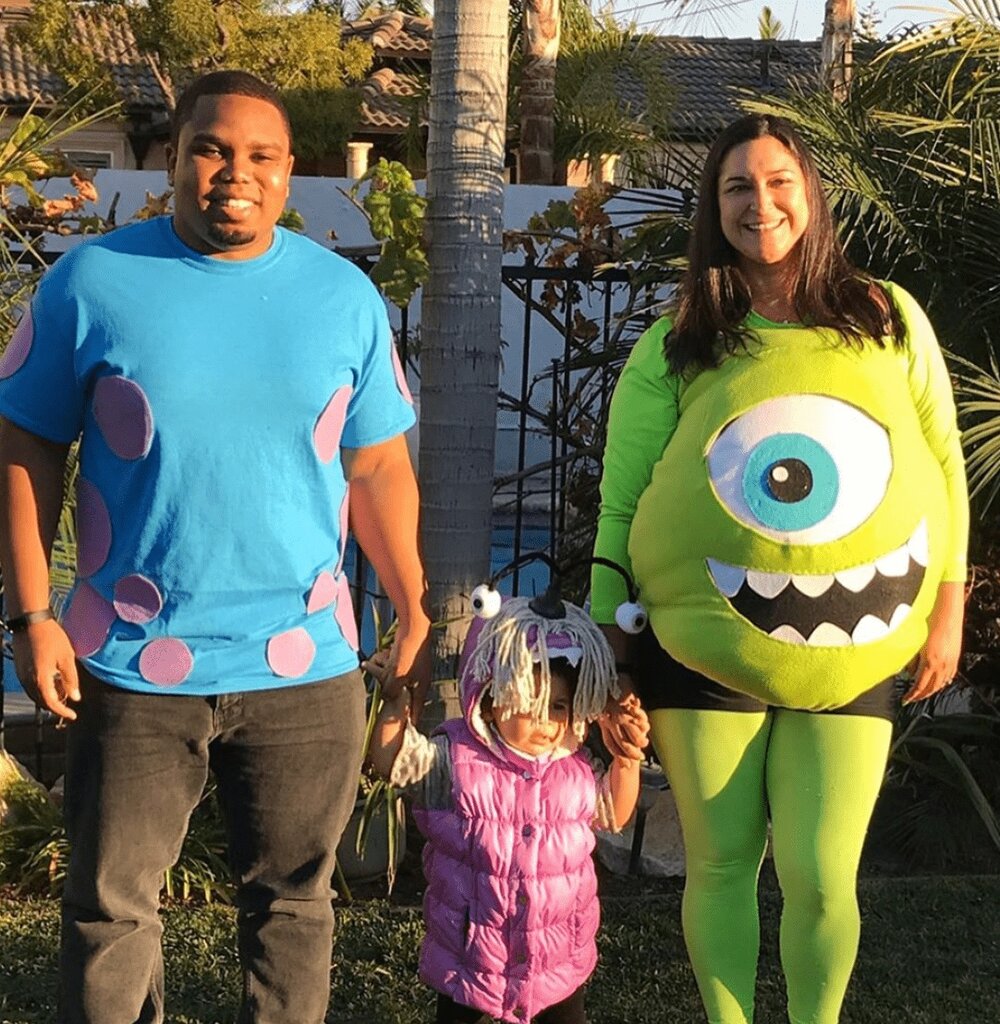
“The worst part — or the challenging part of the prep — is drinking gallons of this liquid that they make you drink to clear out your bowel. It doesn’t taste the best, and you have to frequently use a bathroom to clean out your system, for about 24 hours.”
Chris T. | See Chris’s Stage 2 Lynch Syndrome Colon Cancer Story
What to Eat After Colonoscopy
Before your colonoscopy, ask your medical team for a list of approved foods and drinks to have after the procedure. After the colonoscopy, it’s important to ease back into regular eating gradually.
Start with light, easily digestible foods and gradually reintroduce your regular diet. Amanda recommends, “I stuck with soups, smoothies, and soft foods for the first day or two and then gradually went back to my normal meals.”
Why are Colorectal Cancer Rates Rising Among Younger Adults?
According to the American Cancer Society, more people under 55 are diagnosed with colorectal cancer than 10 years ago. There are a few theories as to why there has been a jump in diagnosis. “it may be related to environmental exposures or even kind of the normal bacteria that we all have in our gut,” says Dr. Wookey. “Maybe it’s related to some changes in that. A lot of research is going on to try and figure out why younger patients are having this cancer more often.
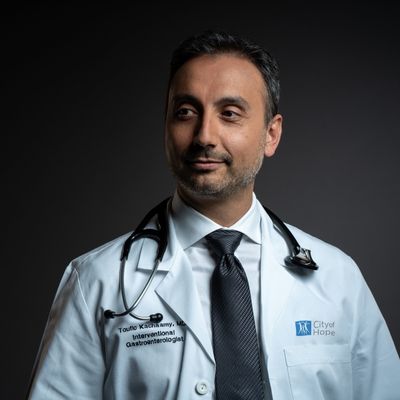
“What we think is good for your heart is also good for your colon. So a diet high in fruits and vegetables, low and processed meat, and probably low in red meat is the best for us. But our diet is going in the opposite direction. People don’t sit down to have a good meal. It’s always on the go. [Some food] has a lot of preservatives and that’s one component. I see rectal cancer in young adults as the canary in the coal mine. Our lifestyle is catching up to us.”
Dr. Toufic Kachaamy | Learn more about why colorectal cancer is increasing in young adults
Additionally, Dr. Wookey emphasizes that it’s important to understand your own personal risk factors. “Young patients can have certain conditions that may run in their family like Lynch syndrome is one, for example, where younger people are more likely to get cancer at young ages,” she says. “But most young patients who have colorectal cancer, don’t have anything.”
Screening for colorectal cancer is recommended at age 45, for people who have an average risk level, according to the American Cancer Society. Dr. Wooky adds, “It’s very important to talk to your doctors if you may have had family members that have had colorectal cancer because that recommended age for screening might be even younger.”
Colorectal Cancer Patient Stories
Jackson A., Colon Cancer, Stage 3
Symptom: Sharp abdominal pain
Treatment: Surgery (emergency transverse colectomy)
Jay W., Colon Cancer, Stage 4
Symptom: Occasional presence of blood in stool
Treatments: Chemotherapy, surgery (installation of port and liver infusion pump, colectomy, hepatectomy, liver ablation, removal of liver infusion pump)
Kelly C., Colon Cancer, Stage 4
Symptoms: Constipation, bloating, severe abdominal pain
Treatments: Surgeries (colectomy, colostomy, hepatectomy), chemotherapy
Marc Anthony S., Lynch Syndrome and Colon Cancer, Stage 2A
Symptoms: Blood in stool, severe constipation, persistent exhaustion, constantly feeling cold
Treatment: Surgeries (sigmoid colectomy, lymphadenectomy)
Crystal W., Colon Cancer
Symptoms: Blood in stool, intermittent severe lower abdominal pain, urinary tract infection (UTI) with strong odor, fistula
Treatments: Surgeries (cystectomy, oophorectomy, and hysterectomy), chemotherapy
Albita G., Colon Cancer, Stage 4
Symptoms: Blood in stool, pain during defecation, constant constipation, steady weight gain in the midsection despite exercising
Treatments: Surgeries (colectomy, hepatectomy, hysterectomy), chemotherapy, radiation


